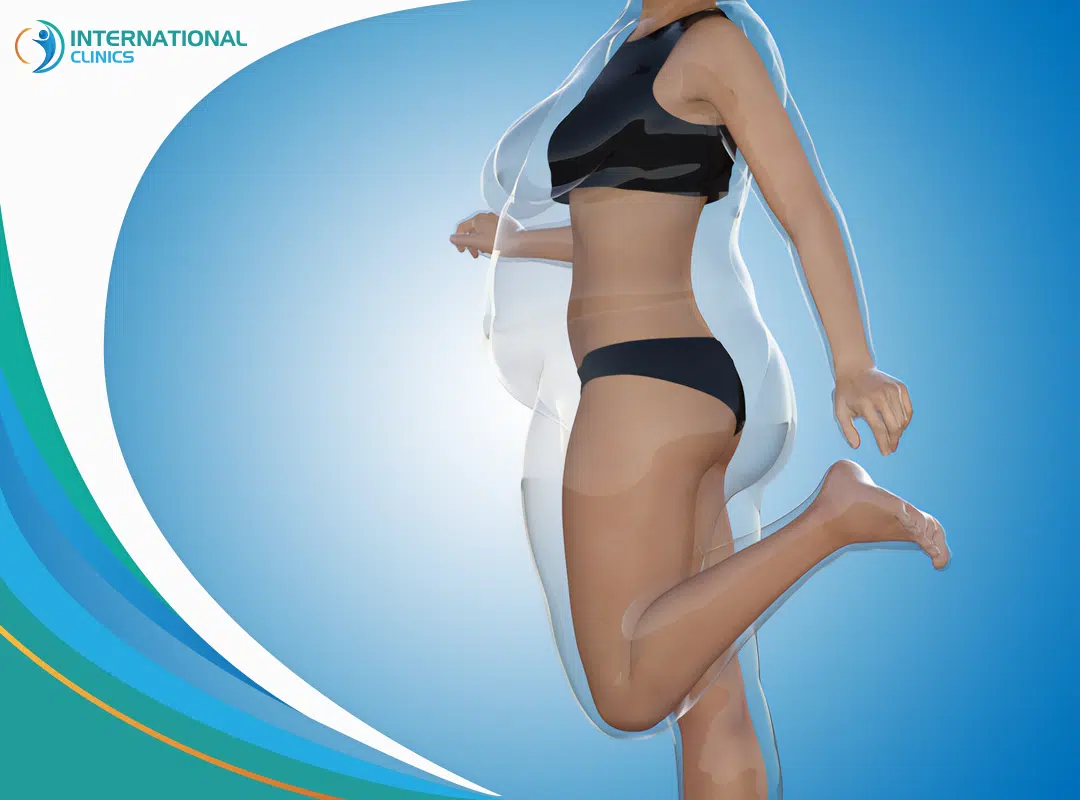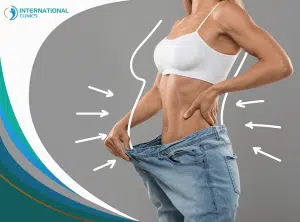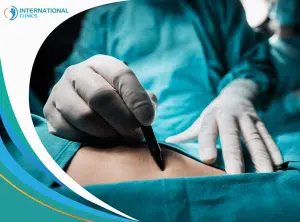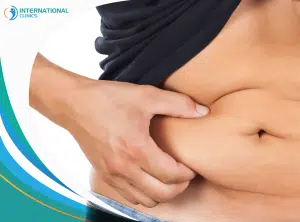Liposuction is a surgical method to remove excess fat from specific areas of your body. Many people choose this procedure when they struggle with fat that just won’t go away with only diet and exercise.
The areas where you can have liposuction in Turkey include your tummy, thighs, hips, buttocks, arms, and even your neck. Most of the time, the choice to get liposuction is a personal decision.
You need to wisely weigh liposuction benefits that align with your goals and consider whether you’re ready for the potential risks and complications.
As part of the process, you’ll be asked to sign a consent form to ensure your confirmation and understanding of the procedure and any possible risks.
Safety of Liposuction
Liposuction is generally safe and can definitely offer significant benefits to the right candidates, and this explains the increasing popularity of the procedure among both men and women.
This procedure is both suitable and safe for those dealing with stubborn fat in various body areas, such as the abdomen, hips, outer thighs, love handles, inner thighs, inner knees, upper arms, chin, and breasts.
Of course, you’ll have an initial consultation before the procedure to discuss with your surgeon many important things such as your medical history, goals, and potential risks associated with the procedure.
While liposuction can indeed help you achieve a more sculpted appearance, it carries different risks and side effects. Much like any other surgical procedure, it’s important to consider all risks and benefits.
Although side effects and complications are rare, surgeons emphasize always keeping patients well-informed about the whole process.
Thankfully, advancements in technology and techniques have made most surgical procedures safer than ever before. Liposuction, in particular, has seen significant advancements.
As it has been a popular surgical choice for decades, doctors and scientists have had the opportunity to develop new, cutting-edge technologies to enhance results.
Modern liposuction techniques, such as VASER liposuction and ultrasound-assisted liposuction (UAL), allow plastic surgeons to achieve more precise and improved outcomes for their patients.
Read more:
Contraindications of Liposuction
Not everyone should undergo liposuction. Experts speak about certain people who should refrain from considering liposuction as an option. These people include:
- Patients with weakened immune systems: Those with weakened immune systems due to medical conditions shouldn’t undergo liposuction as these problems compromise their ability to battle infections.
- People with chronic conditions: People with a medical history of seizures, cardiovascular disease, deep vein thrombosis, and diabetes should consult their healthcare provider before considering liposuction.
- People with saggy or excess skin: Liposuction isn’t for those with loose or excessive skin as it may not yield the desired results.
- Patients on blood-thinning medications: If you are taking blood-thinning medications, it’s better to wait for a while because these medications can lead to excessive bleeding.
- Smokers: People who smoke cigarettes or use tobacco products should avoid liposuction.
Potential Risks & Complications of Liposuction
Liposuction is a significant medical procedure that may involve several potential risks and undesirable complications. Before going through liposuction, you need to think seriously about the risks of anesthesia, risks of internal damage, and the risk of needing a revision surgery if things go in an unplanned manner. In short, the process of liposuction may result in the following issues:
- Cannula breakage: The medical instruments used during liposuction (such as the cannula) could break or malfunction during the procedure.
- Infection or bruising: Infection at the surgical site is another risk that needs to be considered. You might also experience bruising at or around the treatment area.
- Irregular contours or pigmentation: The outcome of liposuction may result in irregular contours or asymmetrical appearance. Changes in pigmentation in the treated area may also occur.
- Numbness: After the procedure, there could be changes in skin sensation, which may last for some time.
- Damage to deeper structures: During liposuction, there is a risk of unintentional damage to deeper structures or abdominal organs.
- Cardiac or pulmonary complications: Complications related to the heart and lungs, such as deep vein thrombosis, are also possible to occur, but this remains rare.
- Fluid accumulation: The accumulation of fluids in the treated area can occur in certain cases.
- Thermal burn or heat injury: There is a risk of thermal burns or heat injuries when using ultrasonic or laser techniques.
Read more:
Ensuring the Safety of Liposuction
Ensuring your safety during a surgical procedure should be the priority of your surgeon or medical team. It all starts with finding a highly skilled and trusted surgeon with proven experience.
This is important because an experienced surgeon can quickly solve emerging problems and provide the necessary care. They also can make sure not to remove more fat than what’s completely safe.
Besides, they should provide you with special compression garments after the procedure to help reduce swelling and enhance the results.
In any case, you can take the necessary steps to minimize any side effects from a liposuction procedure by remembering the following:
- Choose the right surgeon: Find a qualified and experienced surgeon with a solid background in liposuction.
- Follow instructions: Listen to and follow your surgeon’s advice for preparation and recovery, including avoiding certain medications, fasting, and quitting smoking.
- Use compression garments: You may need to wear this to reduce swelling and promote healing even if the cost of these garments increases the overall liposuction cost in Turkey.
- Stay hydrated: Drinking plenty of fluids after the procedure helps remove toxins and lowers the risk of complications.
- Take time to rest: Allow your body to recover slowly without additional pressure of any kind.
- Follow up with your surgeon: Attend all your scheduled follow-up appointments with your surgeon.
Frequently Asked Questions (FAQ)
Liposuction for belly fat is certainly safe if carried out by a skilled and certified plastic surgeon. The whole process will be safer if the patient carefully follows all recommended guidelines after the procedure.
Cons of liposuction include the fact that the procedure can help with stretch marks or cellulite, besides, the results could change with time as the patient gains more weight or gets older. Thus, you’ll need to maintain a healthy lifestyle after the procedure.
You definitely can live a normal life after liposuction, but you may need to wait for a few days before assuming your full routine activities.
Years after liposuction, the fat cells removed during liposuction can expand again if the patient ignores healthy lifestyle guidelines. Additionally, body fat might shift around, especially if you don’t manage your diet and exercise routine effectively.
Many experts believe that tumescent liposuction is the safest choice compared to traditional liposuction because it has a faster recovery period and fewer potential risks.
The Bottom Line
Most experts agree on the safety and effectiveness of liposuction, but that’s not a total guarantee for the procedure. Sometimes things can go wrong, especially in vulnerable cases.
You still can, however, minimize the chances of experiencing severe side effects or complications by selecting a good plastic surgeon or a clinic.
International Clinics is a home for many surgeons with a solid track record in carrying out liposuction procedures using different techniques. You can reach out to us directly using the Contact Us buttons on our website.





